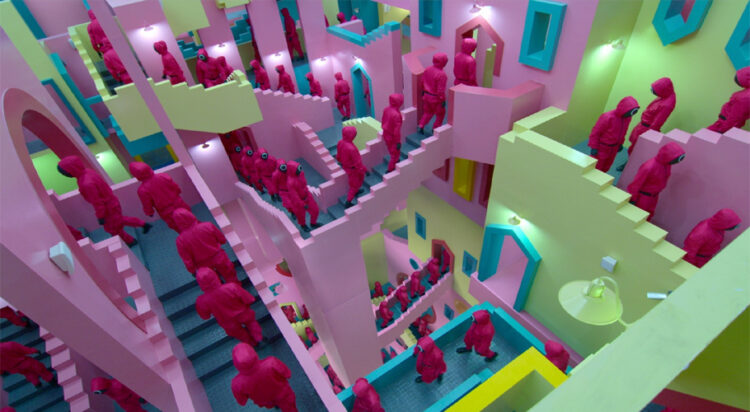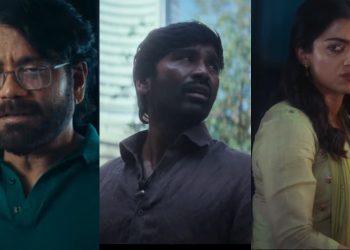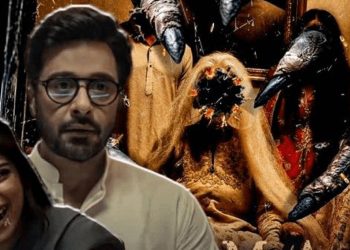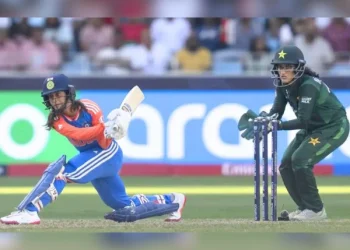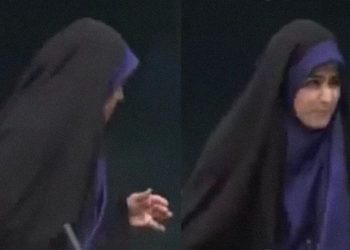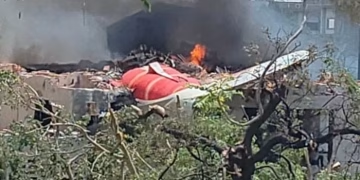A disturbing connection has emerged between the fictional series Squid Game and a real-life institution in South Korea known as Brothers Home. This facility, which operated in the late 20th century, has drawn comparisons to the deadly games depicted in the show, raising questions about the inspiration behind its dark themes.
Brothers Home was intended to be a rehabilitation center for marginalized individuals, but it became notorious for its inhumane conditions and exploitation. This mirrors the life-or-death scenarios faced by contestants in Squid Game, prompting viewers to consider how far they might go to survive in similar circumstances.
Both Squid Game and Brothers Home highlight systemic exploitation, with authorities often ignoring the suffering within. The show’s creators may have drawn from real injustices, as both narratives critique how societal structures fail to protect the vulnerable while allowing the powerful to evade accountability.
View this post on Instagram
Additionally, both the show and Brothers Home present an illusion of fairness. While Squid Game portrays its deadly competition as a meritocracy, the odds are heavily against the players. Similarly, Brothers Home’s promise of rehabilitation was a façade, masking the abuse that occurred behind its doors.
The closure of Brothers Home in the late 1980s exposed its abuses, but justice for the victims was limited, reflecting the show’s commentary on systemic inequality where the powerful often escape consequences. Survivors of Brothers Home, like the contestants in Squid Game, faced significant challenges in rebuilding their lives.
Ultimately, the legacy of Brothers Home serves as a reminder of how institutions can exploit noble ideals. Squid Game critiques modern society’s obsession with wealth and power, urging viewers to reflect on the social structures that govern our lives. By connecting the past with the present, the series challenges us to confront uncomfortable truths about exploitation and inequality, prompting the question: How much of this is fiction, and how much is a reality we choose to ignore?







